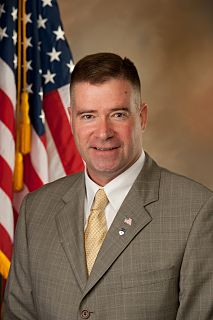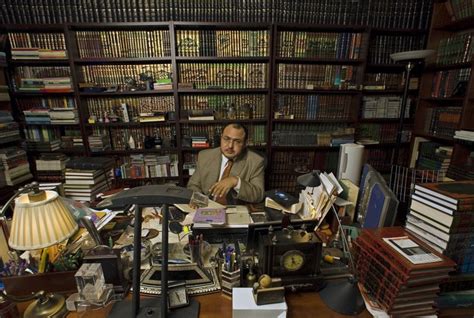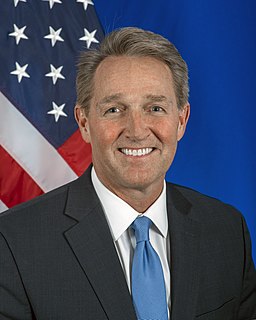A Quote by Greg Gutfeld
When you talk about Islamic terror. You go, oh, you're an Islamic - you're Islamophobic because you besmirching all Muslims. No. I'm talking about Islamic terror.
Related Quotes
One thing that I feel very, very strongly is that we talk about Islamic countries, Islamic people, Islamic leaders, as either moderates or extremists. It's almost like there are only two categories of Muslims. And actually, that doesn't show respect. It shows lack of understanding of the diversity of Muslim thought.
When I first raised the issue of the so-called Islamic State at the Munich Security Conference in February, speaking about its economy, its flexibility and pathology, people thought I was trying to scare them. But now we have experienced just that. If al-Qaida was version 2.0 of terror, then the Islamic State is version 5.0.
The west is very concerned and actually afraid because the media is not informing them. There are too many moderate Muslims who are trying to whitewash the fears and concerns of the West. It's time for us to face reality - nobody is against Muslims. When I'm speaking about this situation, it's about Islamic doctrine. Islamic doctrine promotes violence and hatred against non Muslims. 60% of the Koran is dedicated to cursing and spreading hatred and violence against non-Muslims who are called 'Kaffir'.
Qatar does not have much history, it's a new emirate. So I couldn't draw on the history of the country; its history is really just being a desert. But I thought, the one thing I must learn about for this project is the Islamic faith. So I read about Islam and Islamic architecture, and the more I studied the more I realized where the best Islamic buildings were.
Sufis have always been those that have tried to purify the ethics of Islam and society. And they don't have their hands cut off from the external action at all. For example, the bazaar in which the Sufis were very strong always dominated economic life in Islamic world. They could give a much more sane and Islamic form of activity when the economic life of Islam moved out of the bazaar to new parts of Islamic cities with modernized Muslims, who took it in another light and it became very, very anti Islamic, and much against many of the most profound practices of Islamic societies.
We need to confront the crisis of Islamic extremism and the Islamists and Islamic terror of all kinds. We must stop what they're doing to inspire, because they do nothing to inspire but kill. Religious leaders must make this absolutely clear. Barbarism will deliver you no glory. Piety to evil will bring you no dignity. If you choose the path of terror, your life will be empty, your life will be brief, and your soul will be fully condemned. And political leaders must speak out to affirm the same idea. Heroes don't kill innocents. They save them.
Think about that: at a time when it was inconceivable to have a woman rabbi or a woman scholar of Christian theology or canon law, the Islamic civilization boasted hundreds of women who were authorities in Islamic law and Islamic theology and that taught some of the most famous male jurists and left behind a remarkable corpus of writings.
Al-Qaeda, ISIS, they can't be Islamic. Islam is the religion of peace. They are bastardizing it. They are frauds. They are calling themselves Islamic and they are calling themselves Muslim, but they're not. Because Islam is as anti-terror as you and I are. Islam is the religion of peace. I'm telling you what our government's position is. The US military position.
In the West nowadays, it's very common to talk about the Judeo- Christian tradition. It's a common term. The term is relatively modern but the reality is an old one. One could with equal justification talk about a Judeo-Islamic tradition or a Christian-Islamic tradition. These three religions are interlinked in many signification ways, which marks them off from the rest of the world. And I think there is a growing awareness of this among Christians and among Jews, and even to some extent to some Muslims. That's happening for obvious reasons.
The second part of that war was that Muslims came from all over the country to Pakistan, and they met each other. For the first time those men had an awareness of the Islamic world as a whole, not of just Egypt or Algeria or Indonesia, but of what Muslims call the Uma, the Islamic community. And that's an extraordinarily important thing. And that emanated in Pakistan.



































